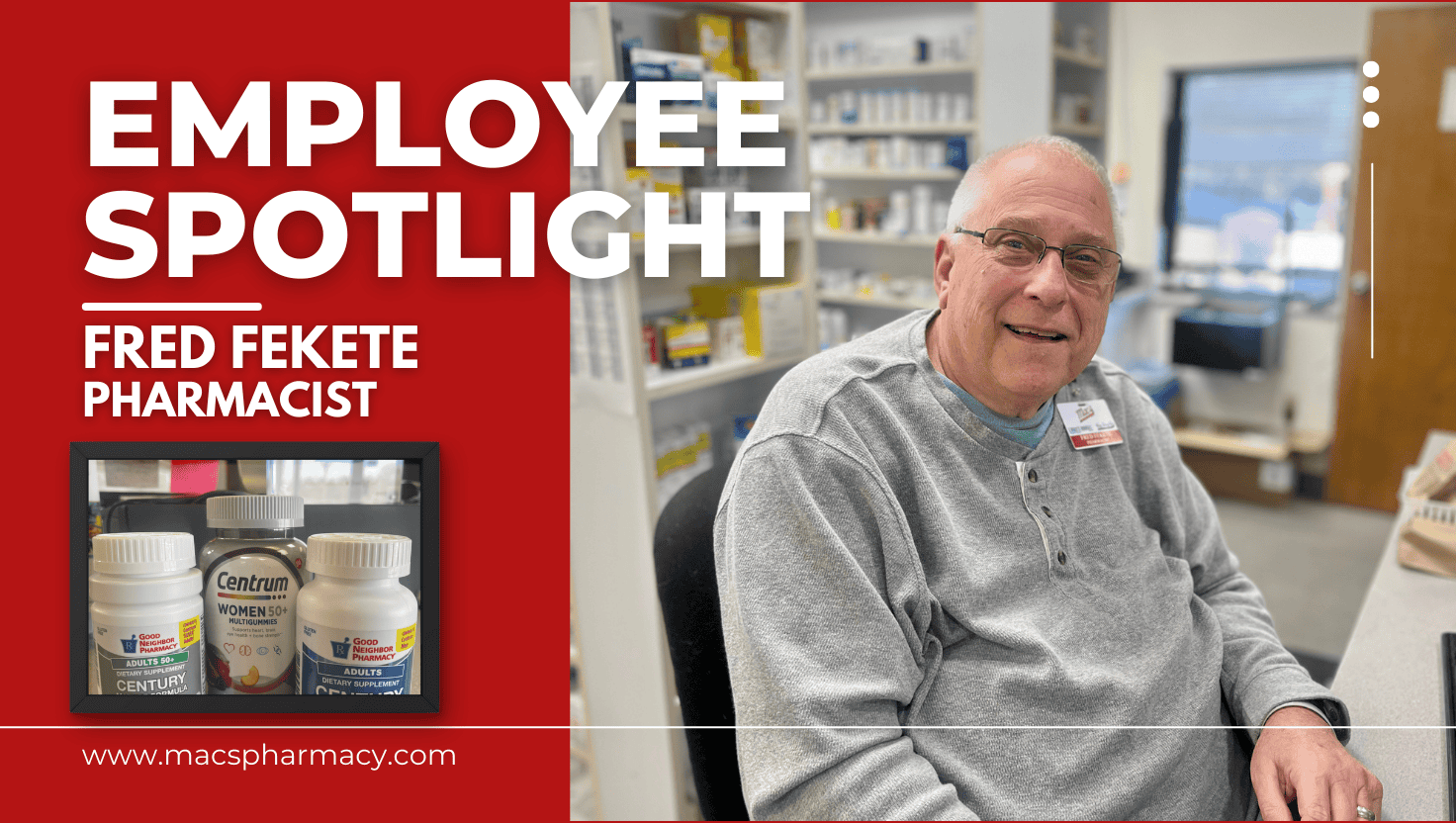With an aging population, it is more apparent than ever to have their continuous pharmaceutical needs met. Fortunately, with advancing medical science, we can be more responsive to those who have the most significant medical needs, our seniors. When we focus our services for the seniors in our country, we need to ease the complexities the caregiver must endure helping with proper treatment. These complexities involve medication organization, dosage confirmation, proper scheduling, and prescription drug acquisition. For a senior living community full of seniors, which would be a better pharmacy option, a Long-term Care also known as an LTC Pharmacy or a Retail Pharmacy?
LTC Pharmacy
An LTC pharmacy is a business of pharmaceutical specialization that is specifically designed to support individuals or seniors living in a long-term care community, such as senior living. Thanks to the Affordable Care Act in 2010, skilled nursing communities have seen an economic boom, this in conjunction with the increasing population of seniors from the Baby Boomers generation, drives the unique need for long-term pharmaceutical care. Mac’s LTC offers services such as patient status monitoring, drug regime reviews, nutritional support offers, on-site clinics, medication packaging options, caregiver and patient education, 24/7 staff support access, emergency prescriptions, and more. These services can help relieve the burden on staff, nurses, doctors, and caregivers. When the pressure is lightened on the staff, it allows the community resources to be used for other pressing tasks. As opposed to just filling prescriptions, an LTC pharmacy follows and care for patients every step of the way.
Retail Pharmacy
 What are the differences between an LTC pharmacy and a retail pharmacy? The definition of a retail pharmacy is a pharmacy acting as a retail store, selling drugs to patients. In the past, most senior living communities utilized retail pharmacies. This also meant that a community employee generally had to physically visit the pharmacy to pick up resident’s medications. However, a senior living community’s medication demands could sometimes be in large quantities putting a lot of stress on the individuals at the communities. The issue with volume requests is that retail pharmacies may not be able to complete orders until a new delivery. If you are a senior with a life-threatening condition or serious infection, every hour counts. Retail pharmacies were used as “community” pharmacies for the mere fact that they were located all over the community for ease of access.
What are the differences between an LTC pharmacy and a retail pharmacy? The definition of a retail pharmacy is a pharmacy acting as a retail store, selling drugs to patients. In the past, most senior living communities utilized retail pharmacies. This also meant that a community employee generally had to physically visit the pharmacy to pick up resident’s medications. However, a senior living community’s medication demands could sometimes be in large quantities putting a lot of stress on the individuals at the communities. The issue with volume requests is that retail pharmacies may not be able to complete orders until a new delivery. If you are a senior with a life-threatening condition or serious infection, every hour counts. Retail pharmacies were used as “community” pharmacies for the mere fact that they were located all over the community for ease of access.
Choosing the Right Pharmacy
There are various areas to evaluate when choosing a new health care partner. These factors include the number of residents, turn-around time on prescription availability, costs of scaling and establishing operations, and other areas of consideration. If you are looking for a healthcare partner for a senior living community, an LTC pharmacy is usually the right choice. They help with the transition period, are mindful of patient’s needs, and follow through with every step of the way. Making the transition from a retail pharmacy to a long-term care pharmacy can be a big step, but for most communities, it is the right step.
For more details on the benefits of partnering with an LTC pharmacy, download our eBook!








